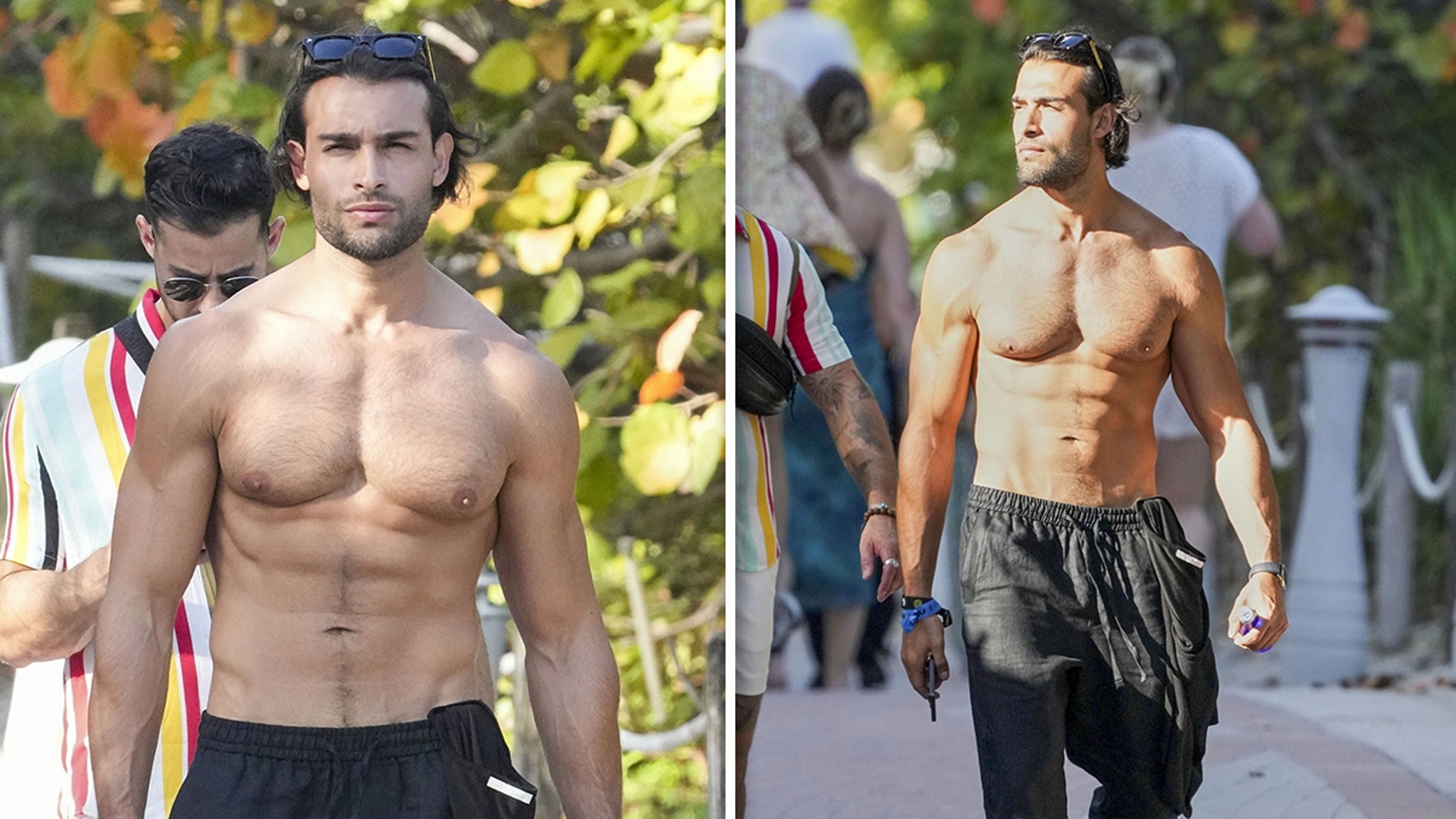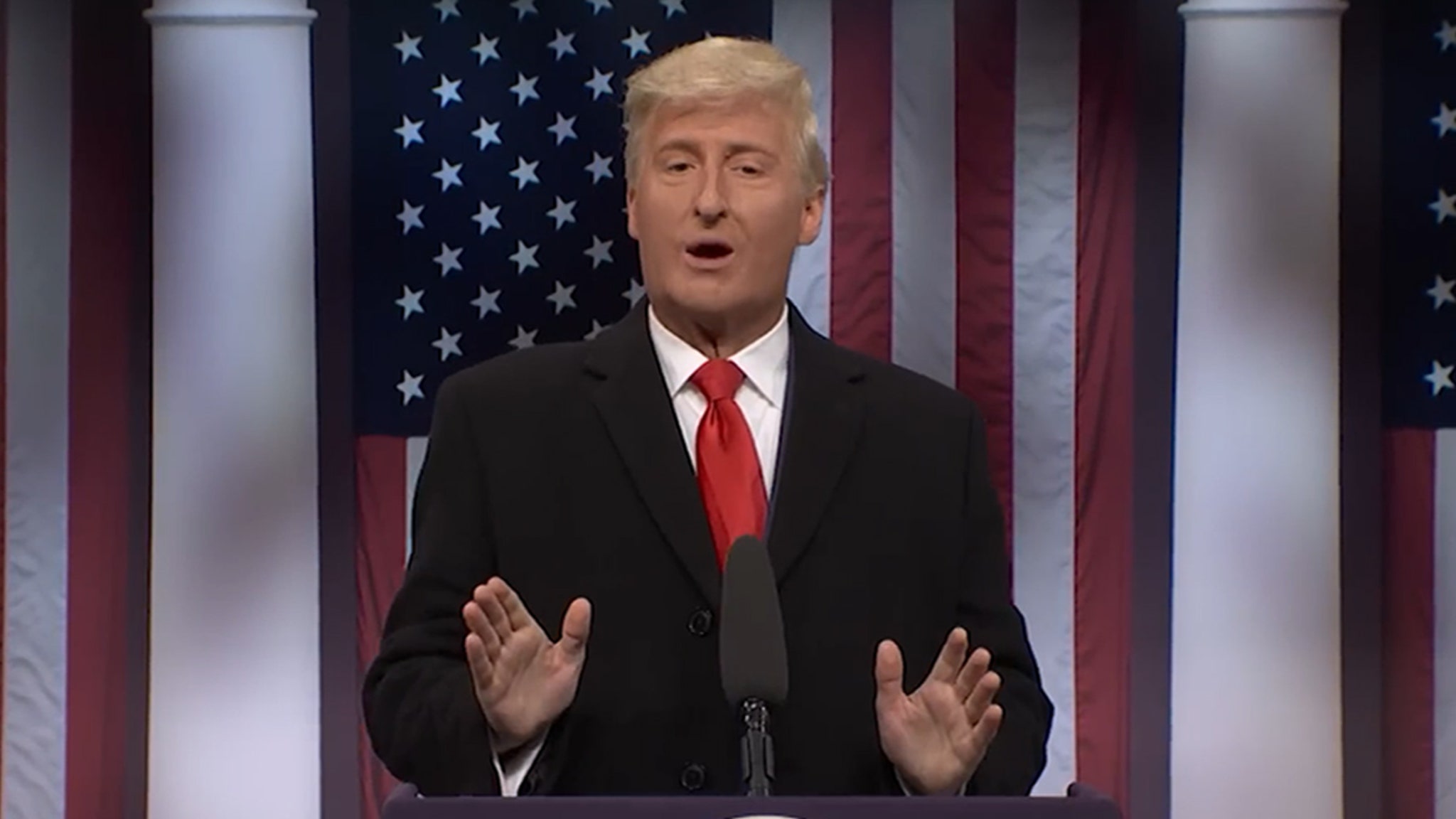It’s probably safe to say that “Opry 100: A Live Celebration” is the first three-hour special in the history of country music television to feature nothing but first-rate performances over the course of an entire prime-time block. But then, producers for the show did have a built-in programming advantage in celebrating the 100th anniversary of Nashville’s Grand Ole Opry, with theoretically a century of picks to draw upon and not just a year’s worth of recent radio fodder. That allowed for a whole evening of classic country, classily interpreted, without any freshman artists running laps around the stage in cutoffs dodging fireworks.
Even on a no-skips night, certain segments stood out. Here are 10 highlights from Wednesday night’s NBC/Peacock special:

A Vince Gill-led In Memoriam performance of “Go Rest High on That Mountain.” Gill’s mournful 1995 hit, recorded after the death of his older brother, is the funeral song for much of America — or the one that they’re singing in the car on the way to the funeral, even if the church didn’t put it on the program. No less of a sung could have sufficed for paying tribute to the official members of the Grand Ole Opry who have traveled up that mountain… which is to say, most of them, now that we’re a hundred years into the institution.
Typically, during most awards shows; In Memoriam segments, some viewers complain when the images of the dearly departed aren’t always visible behind the performers. If anything, it was almost the opposite here — long cutaways to those stills when we might’ve liked to have seen a little of Ricky Skaggs’ mandolin solo. But no complaints here… the segment was just as you’d think it would be and needed to be. Gill made it appropriately personal, too, noting that his mother would be turning 100 in October, makingher “the same age as the Grand Ole Opry. I want to sing this for my mama — this song is about her son.”

Lainey Wilson and Marty Stuart make a semi-acoustic jam of Hank Williams’ “Lost Highway” and her own “Things a Man Oughta Know.” Stuart, country music’s foremost celebrity curator and historian, handed Wilson one of Hank Sr.’s own acoustic guitars as they took to the Ryman Auditorium stage (where parts of the special were shot) to perform one of the master’s moodiest songs. Then they followed that with the No. 1 hit that brought Wilson to the dance… and guess what? It didn’t suffer by comparison.
Wilson is one of that bare handful of contemporary stars who allows you to feel the genre is in good hands, and it was clear Stuart thinks so, from the appreciative, nurturing look on his face. Even Wilson’s contribution sounded like an old standard with the house band offering nimble support and Stuart accentuating it with gentle licks not heard on the record.

Post Malone steps into the role of Johnny Cash at the last minute, joined by Ashley McBryde’s very able June. Pre-release publicity had promised a Johnny-and-June tribute from Jelly Roll and McBryde, but for unknown reasons, Mr. Roll was not on hand by the time airtime rolled around, and it was Malone doing the duet of “Jackson.” Both he and McBryde had other moments on the telecast — Malone doing “T.R.O.U.B.L.E.” with Travis Tritt, and McBryde singing her own “Girl Going Nowhere” with Terri Clark. This playful reenactment of Cash and Carter’s signature collaborative song was a sprightly standout. McBryde in particular seemed to enjoy exercising her acting chops on the song’s sensual antagonism. But there was something weirdly sexy about the way Malone took a moment to just turn his cowboy hat from front to back and back again, like his partner was truly turning his head around.

Garth Brooks and Trisha Yearwood salute country’s other First Couple. Brooks said in his introductory remarks that if you asked a hundred people who country’s all-time greatest singer was, you’d get a hundred different answers, but for him, “it’s who it has always been and who it will always be,” George Jones. The first part of that statement was just flat-out incorrect, because you’ll find a lot more than one out of 100 naming Jones — it’s consensus stuff — but it was charitable of him to allow that there might be another opinion, or 99. He then went out on not very much of a limb in naming “He Stopped Loving Her Today” as “the greatest country song ever,” about to pay tribute to “the magic moment when fate paired what could be the greatest song ever to the greatest voice ever to grace country music.” For once, someone used the word “greatest” that many times in a paragraph and no one considered it hyperbole. He took a step back while Miss Yearwood came out to do Tammy Wynette’s “Your Good Girl’s Gonna Go Bad,” and then the two joined up for “Golden Rings,” in memory of that elongated but fleeting moment in time when George-and-Tammy were golden.
(Meanwhile, has anyone ever thought of using “He Stopped Loving Her Today” for an In Memoriam segment? No? Good; that would be a terrible idea. Still…)

Bill Anderson gets a ringside seat as his “Whiskey Lullaby” earns another great synch, with Brad Paisley’s and Alison Krauss’ renewed duet. There really hasn’t been a male-female duet that’s come along in country music to match the power of the now 21-year-old “Whiskey Lullaby” — but then, who has come along since then with a voice that is not just as crystalline as Krauss’ but, in this case, as literally sobering? It was a necessary resurrection of this lament for premature death. Fortunately, it also served as a tribute to the agelessness of its co-writer, “Whisperin’ Bill,” the most long-standing member of the Opry, who got to introduce it and then watch the performance from the shadows, a few yards away on the Ryman stage.
With that beautiful performance of a cautionary tale completed, we now return country music to its regularly scheduled programming of full-time, nonstop alcohol advocacy!

Luke Combs hasn’t stopped loving George Jones today, either. Combs did his own “Hurricane,” the first song he ever performed on the Opry stage nine years ago. But that followed his solo-acoustic rendition of a Jones heartbreak smash of yore, “The Grand Tour.” Maybe it was mandated by what the stars wanted to do, but any show that has not one but two George Jones tributes in the course of an evening counts as a bit of a grand tour itself.

Eric Church does an In Memoriam for fallen fans, “Why Not Me.” Church is consistent in trying to find ways to be in the moment with performances or ideas that don’t exactly match what’s been done before or since. That was the case with his taking to the Opry House stage with a solo-acoustic rendering of the one song pick of the night that was not a standard, or even a hit, for that matter. Bathed in pure red, he brought a sense of drama in talking about the victims of the Route 91 Harvest Music Festival, and his experience playing the Opry in October 2017 three nights after that tragedy.
“On Oct. 4, 2017, I stood on this stage a broken man,” Church said. “I did not want to be here. It was the people in this room and the Opry that put one piece of my heart back toether… As I was watching video of all the victims and where they were from… That night I played this song, and I think it’s what the Opry’s special for and why it’s an institution, and I’m gonna do it again for them tonight.”

Getty Images for the Grand Ole O
Ashley McBryde and Terri Clark salute girls going somewhere. This duet performance of McBryde’s “Girl Going Somewhere” was prefaced by a segment talking about young performers getting their Opry debut, and that made for a natural lead-in to an autobiographical song she wrote about growing up being told that her dreams were balderdash. This made for a natural stand-in for every country artist who made it as far as the Opry House (or Ryman) stage. But implicit in this is the thought that it can be just a little (or a lot) harder for girls, and the subtext of female triumph was made explicit by making Clark McBryde’s duet partner.
The boys of ’90s country got their due elsewhere in the night, with a Blake Shelton/Clint Black/Trace Adkins medley of three-decade-old hits. The women of ’90s country aren’t always as celebrated, so it was to someone’s great credit that someone, whether it was the producers or Opry honchos, thought to give Clark a place on the show, and what a smart teaming it was to have this independent spirit join McBryde, who’s one of the best next-gen artists we and the Opry have got.

Trisha and Reba get fancy. The duet between Ashley McBryde and Terri Clark was not even the only female/female duet of the night: That started right at the top of the show, with McEntire and Yearwood kicking things off together. Clearly, country radio programmers had no direct input into booking this happily tomato-heavy presentation.
Reba put the three hours into motion with a tribute to Patsy Cline (an a cappella “Sweet Dreams”) and Loretta Lynn, but then it was Yearwood paying tribute to McEntire herself with a remake of her remake of “The Night the Lights Went Down in Georgia.” Trisha seemed to be suitably tickled as Reba threw in vocal asides or facial expressions that made it seem as if she were spontaneously affirming the recounting of events in the fanciful song.

Gospel always brings down the house, the Opry House included. Gospel is either a cousin to or forefather of country music, depending on who’s doing the telling, so it was one of two fairly distinct genres from country celebrated in the course of the telecast, bluegrass being the other. Christian music star Chapman was noted as being the newest member to be inducted into the Grand Ole Opry, and he and Grant represented the CCM wing that is a vital part of the Nashville music industry… and, as good as they are at what they do, they were clearly happy just to be sharing the same stage with the more traditional gospel wailing brought forth by Yolanda Adams and the husband-and-wife duo the War and Treaty. Is it sacrilegious to listen to Adams or Tanya Trotter and say: “No, how great thou art”? Probably.

 By Variety | Created at 2025-03-20 19:17:55 | Updated at 2025-04-06 14:39:15
2 weeks ago
By Variety | Created at 2025-03-20 19:17:55 | Updated at 2025-04-06 14:39:15
2 weeks ago








